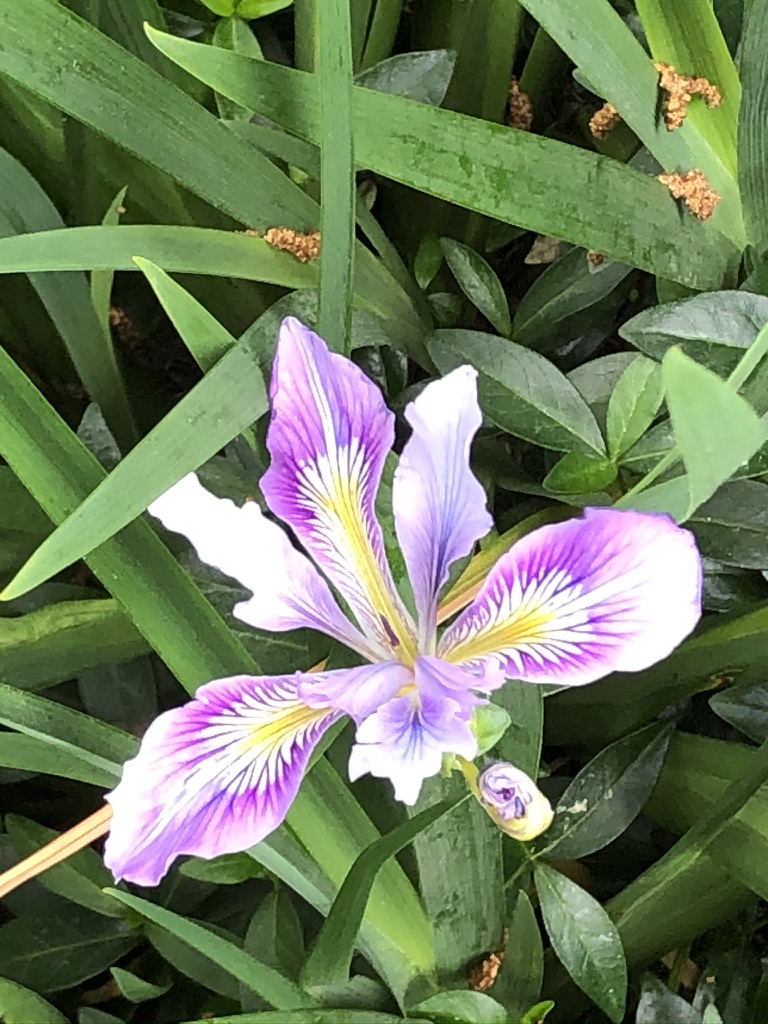The window of impossibility, with curiosity as means
Dynamic non-interference is a key skill for Alexander teachers and students. Over time, and with guidance, we learn to more accurately notice unnecessary efforts, and to cheerfully request a new response. We ask how much less we can do, fix, or be right as we consider activities, whether those activities be primarily mental, physical or emotional in emphasis. We bring our entire thinking, emoting, moving, sensing instrument to everything we do. The more we request a unified field of self, the more solutions arrive. The less we hold the instrument into a fixed or “right” mode, the more new experience we can allow, the more quietly surprising solutions we can welcome.
Of course, it’s hard work to allow activities to do themselves. We have to actively, skillfully get out of the way. Often, it seems impossible to rise on the toes, teach an online lesson, engage in political discussion or speak through a cloth mask without the tensions associated with those activities. The link between an associated set of muscular/mental/emotional tensions and achieving the activity indicates that the activity is impossible without those tensions. We believe a certain amount of doing is necessary.
And thus, the “window of impossibility” beckons. We have an opportunity to cheerfully refuse (no finger shaking here, this is exploration, not a test) what seems necessary, so that a new solution can arise to our big planetarium brains. The stimulus is to do something. But perhaps I prefer to undo, to allow time (even a micro-second) for a more unified self, and to receive the world outside myself. Being right stiffens the neck. Fixing myself just fragments me into parts and pieces, and rushing to do something deepens the doing/fixing battle and provides no new data. I can go quickly without hurrying and go slowly without freezing if I allow that dynamic interior permission of time. Welcoming curiosity, allowing gravity and the tidal movement of breath as connection to the world shifts brain state, improves postural support and broadens sensory perception.
Happy curiosity becomes a means, and the window of impossibility holds interest and mystery rather than defeat and frustration. We learn by undoing to proceed elastically to doing, without doing too much.
